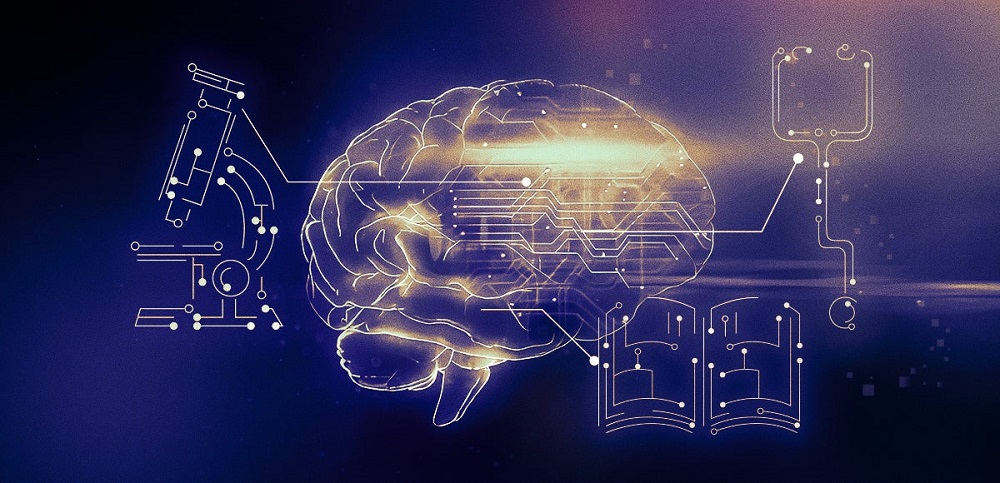By: Sobia Kishwer
As technology enthusiasts and forward-thinkers, we are captivated by the immense potential of Artificial Intelligence (AI) to revolutionize industries and enhance our lives. However, recent insights have prompted a deep reflection on the pivotal choice we face, that could determine the course of AI for generations to come. History has shown that technological advancements often yield mixed results, leading to uncertain outcomes, unequal wealth distribution, and adverse societal effects. Drawing a parallel to medieval times, when agricultural advances-built cathedrals rather than lifting the masses from poverty, the question arises: Will AI's promised benefits be confined to a privileged few?

Artificial Intelligence has long been hailed as the harbinger of progress, offering solutions to complex problems, automating tasks, and improving efficiency across various sectors. Its applications range from healthcare and education to finance and transportation, promising to make our lives easier, safer, and more convenient. AI has the power to enhance decision-making, optimize resource allocation, and even contribute to solving some of humanity's most pressing challenges, such as climate change and disease eradication.
To understand the concern about AI's potential pitfalls, it is instructive to look at these factors
The Digital Divide: One stark example of the potential divide created by AI can be seen in the digital divide. In many parts of the world, access to the internet and advanced AI technologies remains a luxury. Those without access are deprived of the educational, economic, and social opportunities that technology provides. Bridging this digital divide is essential to ensure that AI's benefits are accessible to all.
Automation and Job Displacement: While AI promises increased efficiency, it also raises concerns about job displacement. For example, the automation of manufacturing processes has led to job losses in various industries. Without proactive measures, this could lead to increased economic inequality as those who lose their jobs may struggle to find new opportunities in an AI-driven world.
Biased AI Algorithms: AI algorithms are only as good as the data they are trained on. Unfortunately, these algorithms can inherit biases present in the data, leading to discriminatory outcomes. For example, biased AI algorithms in the criminal justice system have perpetuated racial disparities. Addressing these biases is crucial to ensure that AI benefits all members of society equitably.
Surveillance and Privacy Concerns: AI-powered surveillance technologies have the potential to infringe on personal privacy rights. The use of facial recognition and data tracking can disproportionately impact marginalized communities, intensifying concerns about the misuse of AI for control and surveillance.
The question of whether AI's benefits will be confined to a privileged few is not predetermined. It is a choice that governments, businesses, and society as a whole must make deliberately. Here are key considerations for navigating it:
Inclusivity: To ensure AI benefits all, efforts must be made to bridge the digital divide. This includes expanding access to technology and Digital Literacy Programs, especially in underserved communities.
Education and Reskilling: As automation disrupts traditional job roles, investments in education and reskilling programs are vital. This empowers individuals to adapt to the changing job landscape and participate in the AI-driven economy.
Ethical AI Development: Developers and organizations must prioritize ethical AI development, including addressing bias and ensuring transparency. Regulatory frameworks should be put in place to hold AI systems accountable.
Privacy Protections: Robust privacy protections and regulations are essential to prevent the misuse of AI for surveillance or data exploitation. Citizens must have control over their personal information.
The promise of AI is immense, but it comes with the responsibility to make choices that benefit all of humanity, not just a privileged few. Drawing from history, we know that Technological advancements can lead to uneven outcomes. However, with deliberate actions and a commitment to inclusivity, education, ethics, and privacy, we can navigate this roadblock and steer AI toward a future that truly enhances the lives of everyone, leaving no one behind. It is a choice that will shape the course of AI for generations to come, and it is one we must make wisely.
